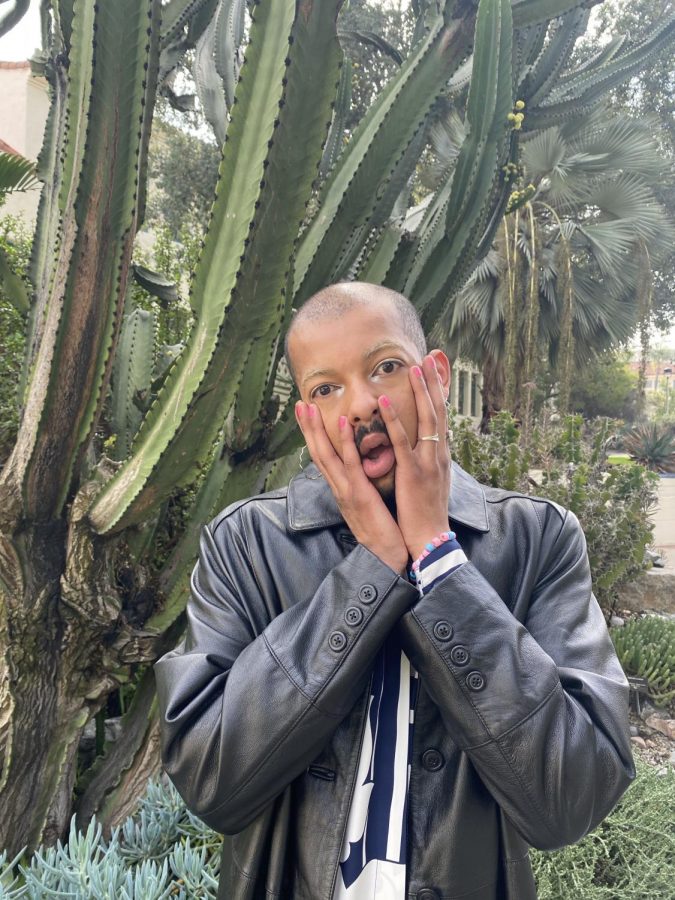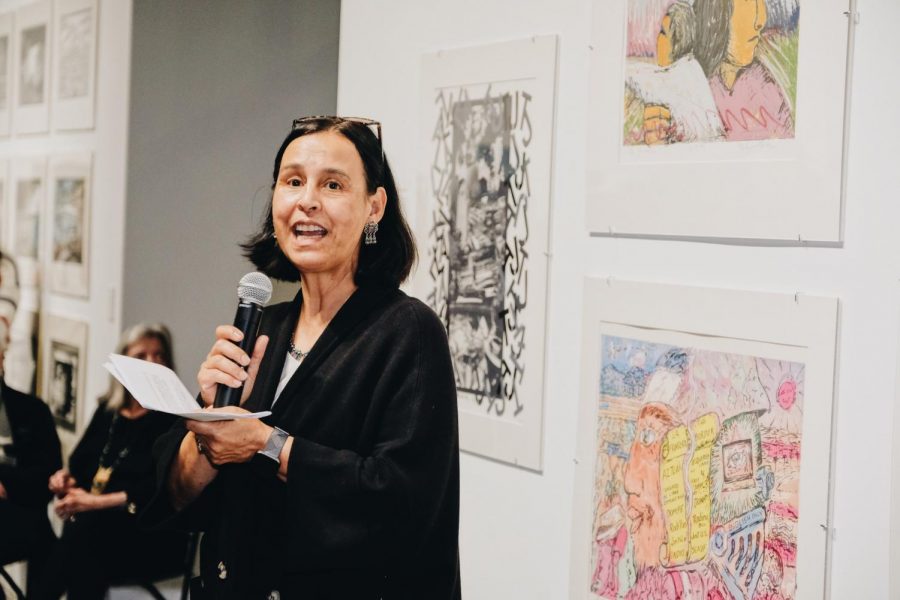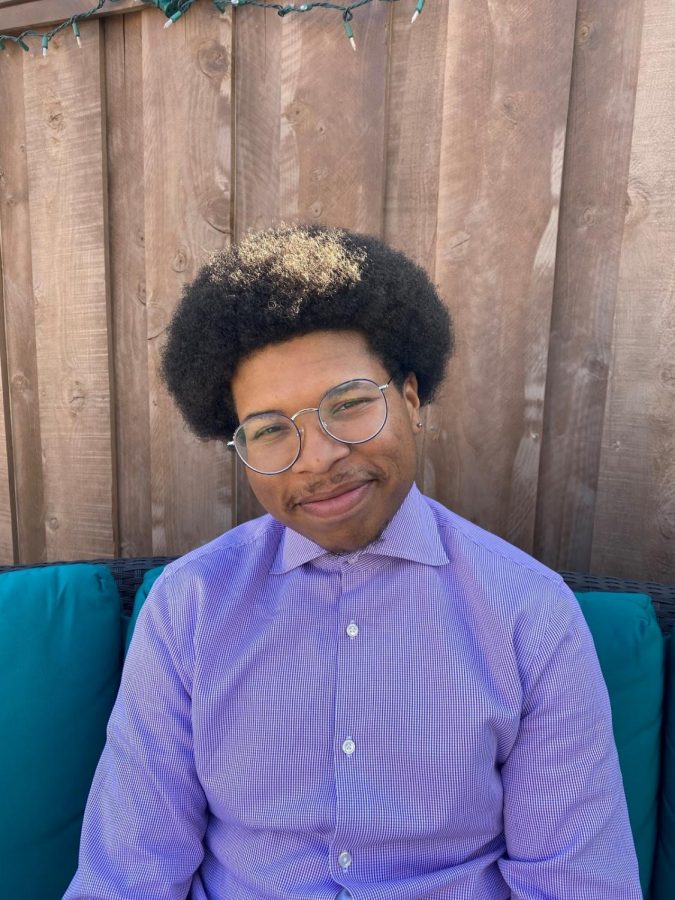“I’m bipolar,” Alex told the new girl in class.
Jennifer, whom Alex thought had the most beautiful blue eyes, simply stared at him. Not even an eyelash seemed to move.
“I’m a bit messed up.”
The words fell out of Alex’s mouth much too quickly, as if the walls in the gray classroom were closing in on him.
Jennifer got up swiftly from the chair and moved to the back of the classroom. Alex moved his chair closer to the desk and pulled his hood over his head. He began rubbing his temples with his thumbs.
“Third time this week,” he recalled aloud.
After history class, the last period of the day, Alex sped out of the campus and began his usual tread through the open grassland that led to his home. How had he gotten to this point? He didn’t know or rather he didn’t want to admit it.
Alex’s mother passed away from an unknown cause two years before. Apparently, all signs pointed to a peaceful passing in her sleep. But life wasn’t so simple anymore. Ever since her death, Alex’s dad began binge drinking and although he tried keeping it a secret, the walls to his room were much too thin and his nightly rampages against the air became the heartbeat of the house.
The walk to his home was a mile and a half away—an easy 25 minutes—but Alex usually prolonged it. The open land was filled with dry grass, but a section midway through contained a pond with trees surrounding it.
Once he showed up, Alex headed straight toward the spot where four trees intersected, forming a small fort. Alex sat down and dug out his journal by a patch of poppies he’d planted.
He began writing:
“Hi, Mom. There are many things I don’t understand, no matter how hard I try.”
Alex paused. He always made sure he wrote down the correct thing. His mom always knew what to tell him and he wanted to practice knowing what to say.
“There is a place where the sidewalk ends / and before the street begins, / and there the grass grows soft and white…”
Alex recalled the poem, “Where the Sidewalk Ends,” which his mom always read to him at night before going to sleep. He pictured walking home from school through green fields filled with dandelions and butterflies, with the sun in the middle of a blue sky lighting the earth like the lamp in his room. He imagined the pond filled with lotuses and the air with the smell of his mom’s pumpkin pie. Above the pond would be his mom, clothed in white, with butterfly wings holding her in flight. He would see his dad, the way he used to be before alcohol—a man full of conviction who exuded a warm personality that automatically attracted people’s attention.
“I know I don’t write as often as I used to. It’s getting harder to talk to people no matter how hard I try. Dad still drinks himself to sleep and I can tell he dreams about you because his eyes are always filled with tears in the morning. I’ve been trying to avoid him lately. I really wish I could dream about you, but every night all I get is darkness.”
Alex stopped writing. He needed to take short breaks because he wanted to be strong and that required holding in his sadness. If his mom was watching, Alex wanted her to see him keeping it together.
There really wasn’t much for him to write, so he sat and watched the leaves moving in the wind and pictured himself as one of the hundreds of leaves that surrounded him. He thought dying in the winter at the same time as all the other leaves wouldn’t be bad at all. None of them have to go through the pain of missing someone or feeling alone.
“You’re a bad actor, you know.”
Alex turned around, and was startled to see Jennifer coming down the small hill behind him. The dark clouds seemed less menacing in the background behind her.
“Wh-what do you mean?”
“Bipolar? Really? I doubt anyone believes that.” Jennifer spoke her sentences as if she were thrusting daggers into a wall. “Look, my mom is bipolar, so I know a sick person when I see one. You’re just sad.”
Alex twisted his lips into his mouth and was at loss for words.
“How did you even know I was here?”
“I followed you, dummy,” she responded with a smile. “I can’t believe you didn’t notice me. What were you thinking about?”
“How could someone break through so many barriers so easily?” Alex wondered. He always met people by telling them he had some sort of sickness, but in reality, he was perfectly healthy, both mentally and physically. It never really worked out for him anyway.
“Nothing.”
“Sure.”
She walked around him, bent down and picked up his journal.
“Hey! Don’t read that!”
But it was too late. Jennifer’s face went pale after a few sentences.
“I’m sorry. I-I shouldn’t have.”
She handed it back.
“It’s fine,” Alex answered softly.
Jennifer sat down next to him. He felt the warmth of her hand next to his. He looked at her blue eyes and let a tear slip down his cheek. His mom had blue eyes.
Jennifer wiped his tear and got up.
“Well, I’ll see you tomorrow.”
Just like that, she was gone. Alex turned around and noticed her long black hair flowing in the wind as she walked back up the hill. How strange it is, he thought, when you lose someone. But it is even stranger when you’ve found someone.






